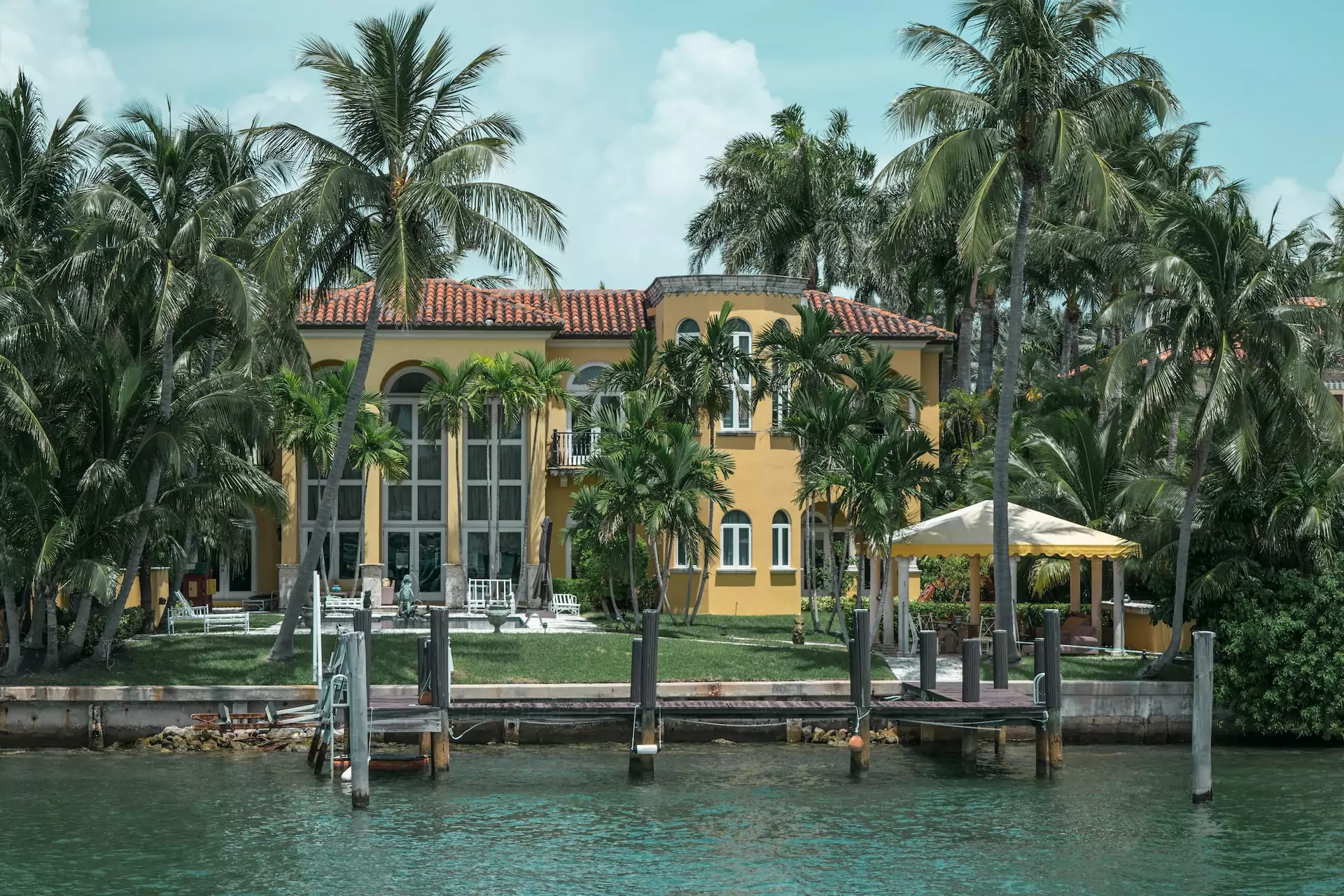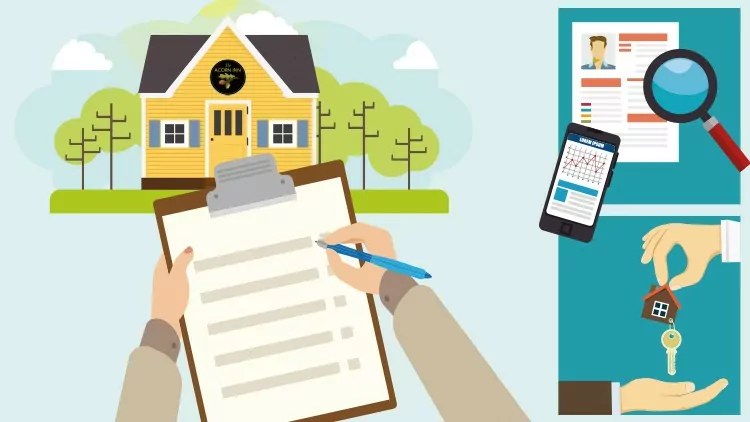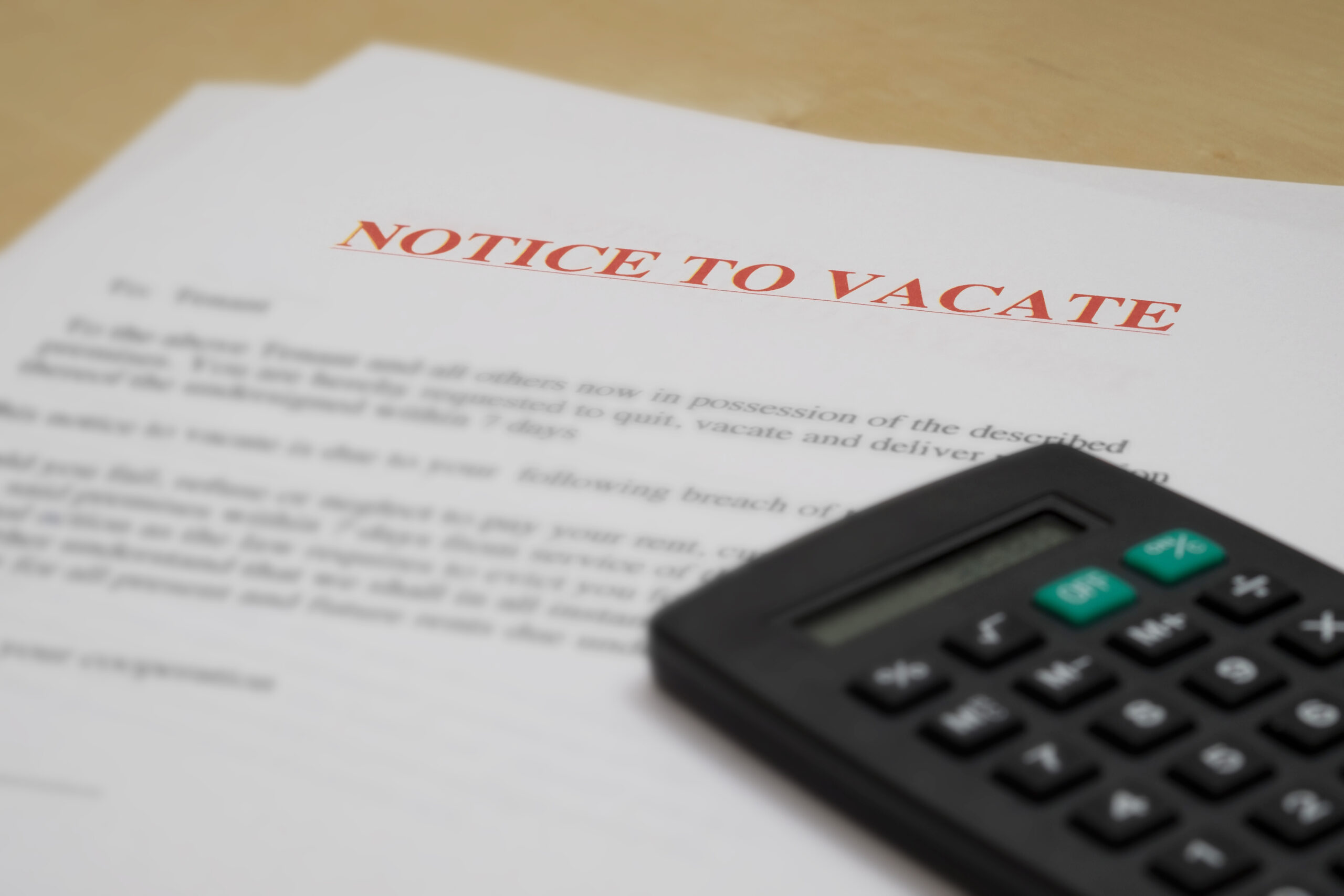Do you want to be a long-distance landlord in Florida? You’ve come to the right place. Florida offers unique opportunities for both long-term rental properties and short-term vacation rentals. For example, the average 2-bedroom property in Orlando is estimated to bring in $33,480 per year.
While investing in the Florida real estate market as a remote landlord is similar to starting as a local landlord, there are a few more steps to consider. Here’s a step-by-step look at what landlords should consider when buying a Florida investment property from out-of-state.
Follow the Numbers to Find Rental Properties
Buying any property is risky, especially if you don’t live there. With a population of more than 21 million and more than 300 cities and towns, knowing where to buy real estate in Florida can be intimidating.
Experienced landlords in Florida rely on rental property analysis to estimate the return on investment (ROI), cash-on-cash return, and other critical measures. When you stick with a clear analysis strategy driven by property finances, you should be in good shape to start building your real estate investing portfolio.
If you regularly go to Florida for vacation, consider investing where you visit most. By setting up the best business account for real estate agents, you can more easily track expenses and write off a portion of the costs as a work trip every time you go.
Tip: Check out our rental property calculator for help running the numbers on a Florida realty investment.
Perform Detailed Due Diligence
Major maintenance issues are a costly hassle when you live across town and can’t deal with the mess yourself. If you’re a plane ride or road trip away, it’s better to avoid those problems altogether. Again, you will want to hold a higher bar for your financial estimates and inspections when investing in the Florida rental market from out of state.
Even if Key West, Kissimmee, St. Petersburg, or other potential investment markets are far away, it’s usually worth visiting before buying a rental property. Trusting the pictures and buying sight unseen is a recipe for disaster. Plan to visit the property with your inspector so you can record issues with the foundation, plumbing, electrical, or anything else.
Protect Your Investment with Comprehensive Insurance
Environmental disasters (and disaster renters) can happen anywhere. Florida is a common site of hurricanes, tornadoes, sinkholes, lightning strikes, animal infestations, floods, and other unpredictable events.
Consult with a trusted insurance professional to ensure you have adequate coverage that protects your investment when you’re not there. Remember that traditional property insurance doesn’t include flood damage, and there are usually plenty of additional exclusions to be aware of.
Depending on the type of renter you expect, you’ll want customized landlord insurance. Policies for short-term rentals in Florida are different from long-term rentals. Protecting your property is critical to prevent financial disaster when other disasters land at your Florida rental.
Build a Local Support Team
Florida out-of-state landlords usually don’t want to travel every time the property requires maintenance. Having a trusted team where your property is located can help you navigate some of the most common situations without doing more than picking up the phone.
Turnover: When someone wants to come for a showing or needs to sign a lease, it’s best to have a local person handle those needs, answer questions, and send you the paperwork.
Regular maintenance: Normal wear and tear is part of living somewhere, and landlords are expected to foot the bill. But you don’t have to show up and do the plumbing or other work yourself. Having a reliable plumber, electrician, handyman, or contractor on speed dial is wise to protect your Florida properties.
Emergencies: Broken pipes in the middle of the night, busted furnaces in the winter, and exploding water heaters are just a few potential emergencies where it’s best to have someone available to show up 24/7. If you want to manage the properties yourself without a property manager, you can rely on a friend, relative, or someone else you know in the area.
As your portfolio grows, you may hire a local property manager to take care of any on-the-ground needs. However, you’ll likely pay around 10% of the total monthly rental rate for the service, plus additional fees when vetting and placing a new tenant. For vacation rental management, fees range from around 10% to 20%.
Include Strict and Clear Terms in Lease Agreements
Property ownership requires you to care for the property, but that’s a two-way street with renters, property managers, or both. When far away, you could wind up with property damages or a tenant dispute and not know what’s happening.
Investing in a housing market outside high-risk areas will help limit common landlord issues. You should also document move-in conditions carefully and include strict terms about property damage in the lease agreement. These terms should require renters to notify you about any damages and pay for damages beyond normal wear and tear.
Be clear on what upkeep is required by the renter and what you provide. For example, some landlords offer shoveling or lawn care, while others expect the tenant to take care of that themselves.
Schedule Check-Ins and Inspections
High-quality property management firms periodically drive by or make an inside visit to look for damages and signs that the renter isn’t upholding lease terms. Look for maintenance issues before they become catastrophic problems, and keep an eye out for any lease violations.
For long-term renters, most people want to keep the property in good enough condition to keep landlords happy. For Florida vacation rentals, you’ll want to have the units checked between every visitor.
Automate Landlord Property Finances
Remote landlords can automate most of the rental process with property management software like Baselane. This platform can automate your property finances with monthly rent collection, accounting, and landlord banking. Even when maintenance emergencies arise at odd hours, you can rest assured that your finances are on autopilot to keep your Florida realty investments up and running.
Bonus Tip: Employ Strong Tenant Screening
It may be tempting to take the first tenant who applies or quickly accept requests on Airbnb or Vrbo to start earning rental income right away. But using reliable Airbnb property management software can help you screen guests, manage bookings, and protect your investment from the start.
However, smart landlords know it’s worth the time and cost to screen tenants. This includes requiring an application with a background check, credit check, and calling references.
Long Distance Landlord in Florida: Final Thoughts
If you’re in a high-cost-of-living (HCOL) area where buying an investment property isn’t feasible, Florida could be a great place to start. With the right tools, including the best business account for real estate agents—you can confidently invest in Florida real estate as a remote landlord and grow a strong portfolio.
Learn how to maximize your returns with our Guide for Real Estate Investing in Florida.
FAQs
Managing long-distance real estate in Florida is easy with the right technologies or a local property manager. Each has pros and cons, including varying costs and effort required from you.
Florida has landlord-friendly laws regarding security deposits and evictions, and there’s no state-wide rent control. With high tourism, relatively low property costs, and no state income tax, Florida is ideal for new and experienced real estate investors.
According to the Florida Bar Association, landlords must provide a dwelling that’s fit to be lived in with working plumbing, hot water, and heating. The property must have working locks for doors and windows, be structurally sound, and pest free. Owners must also comply with local ordinances and codes, which vary by municipality and county across Florida.







